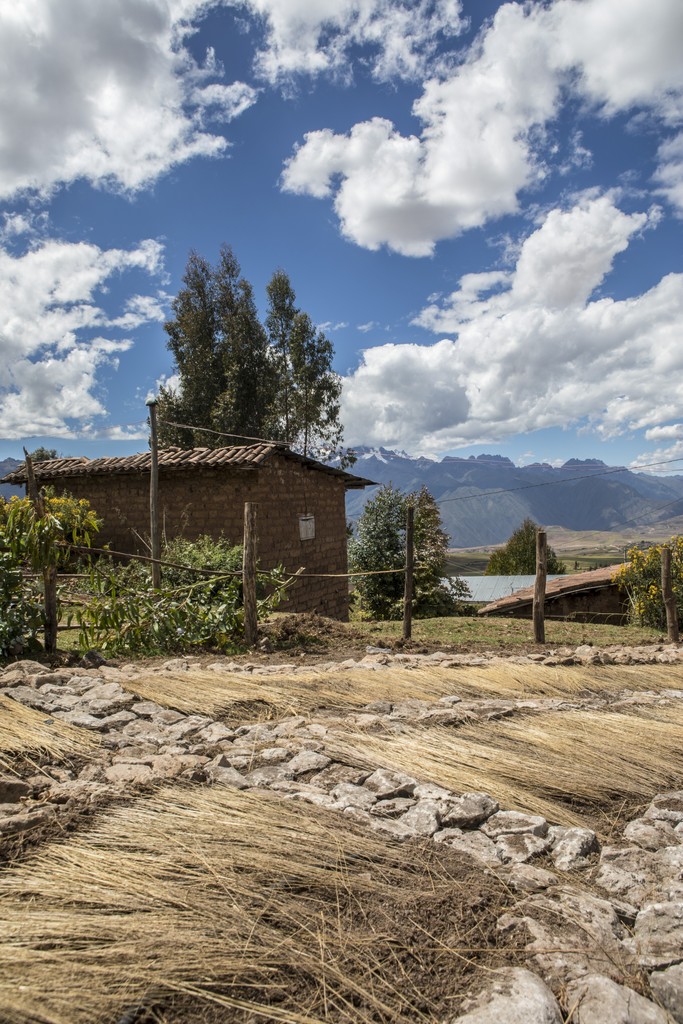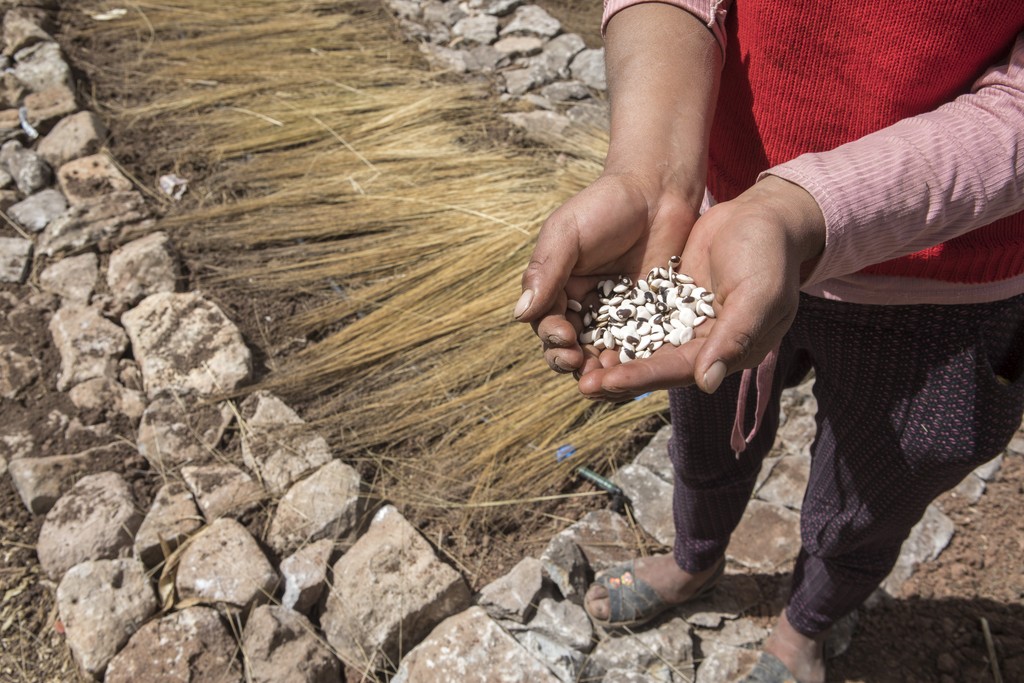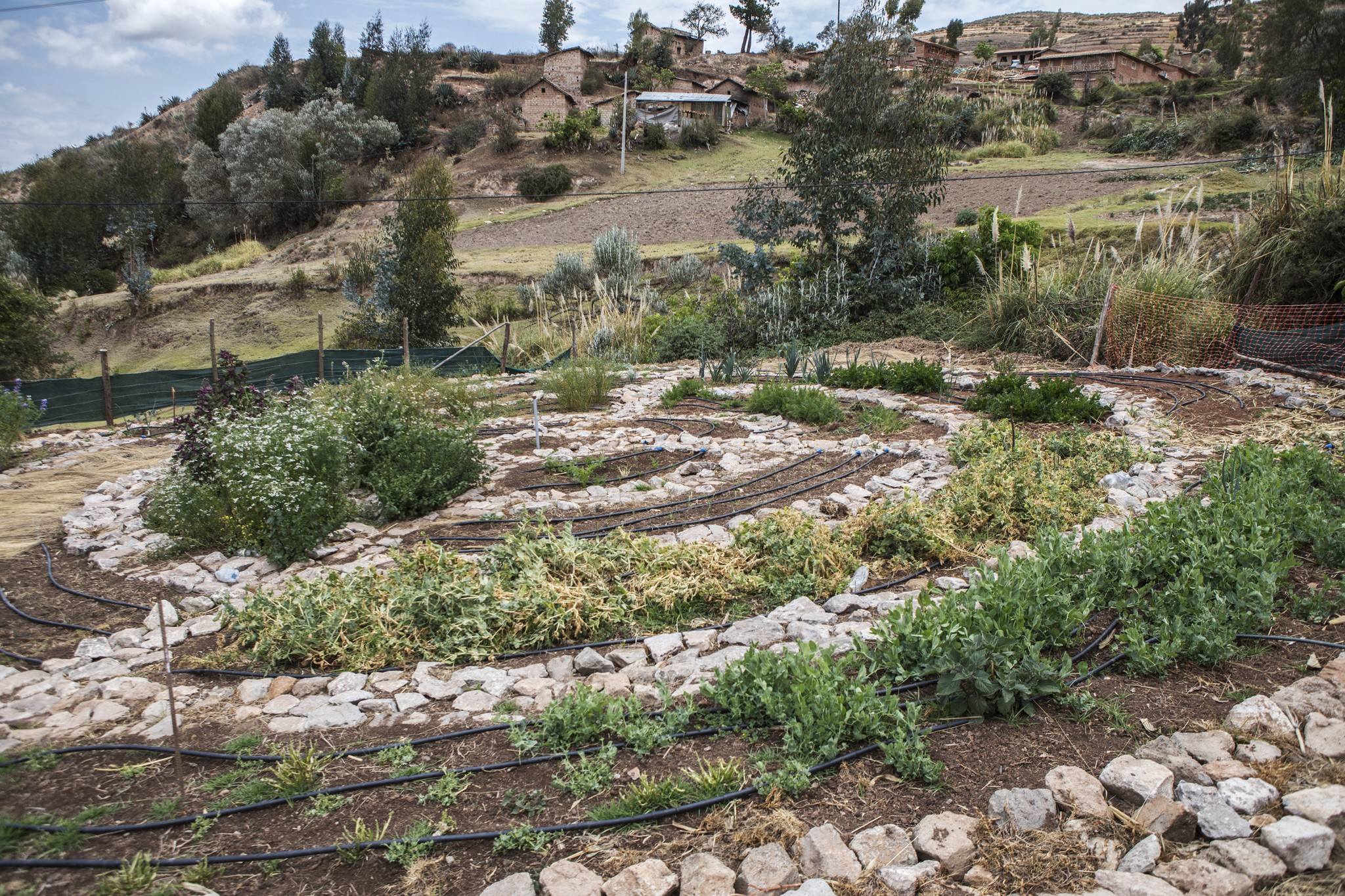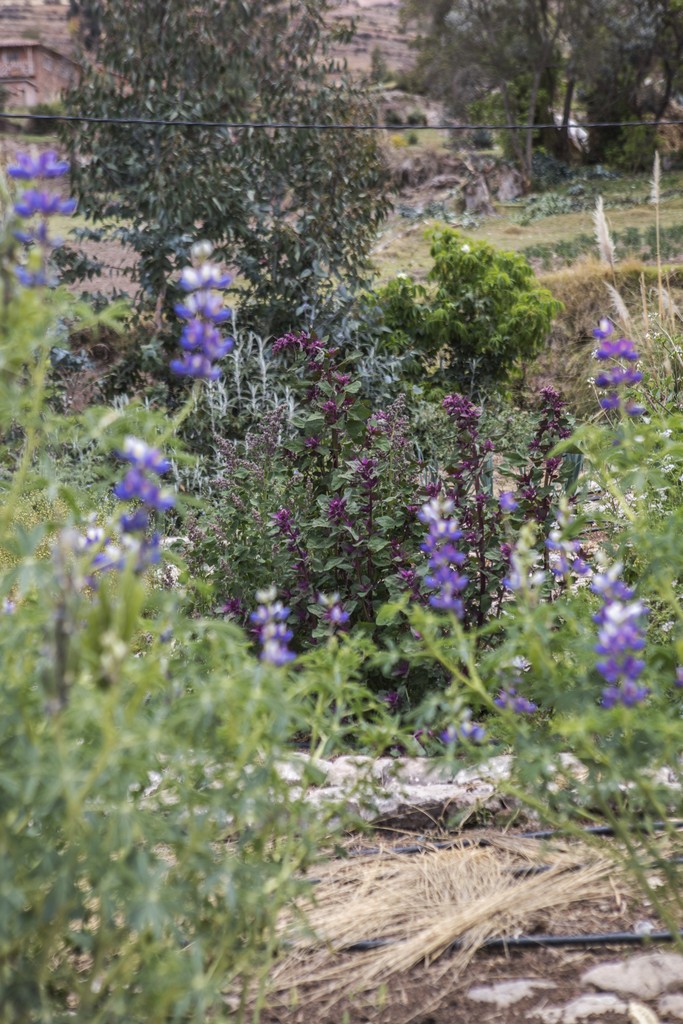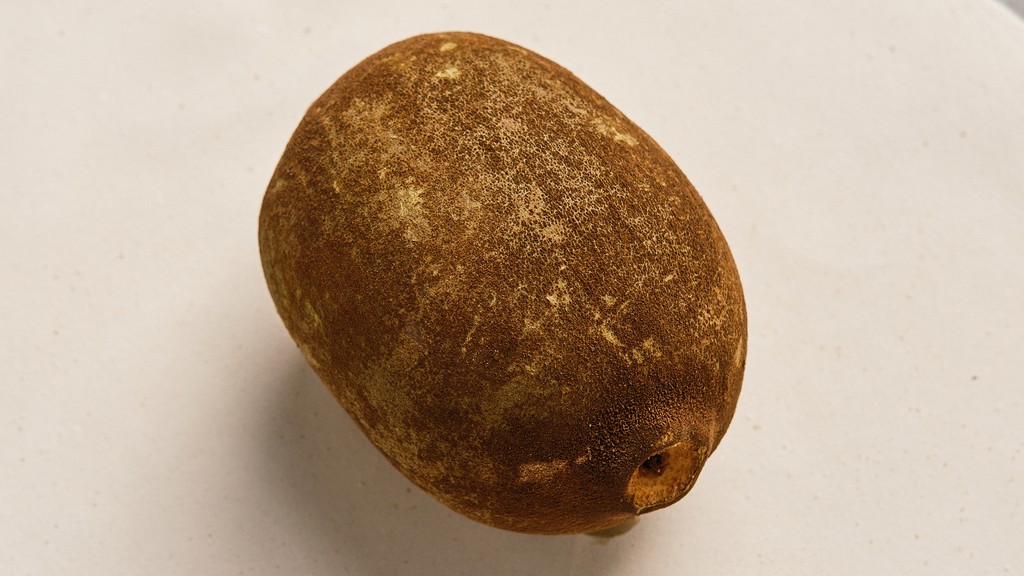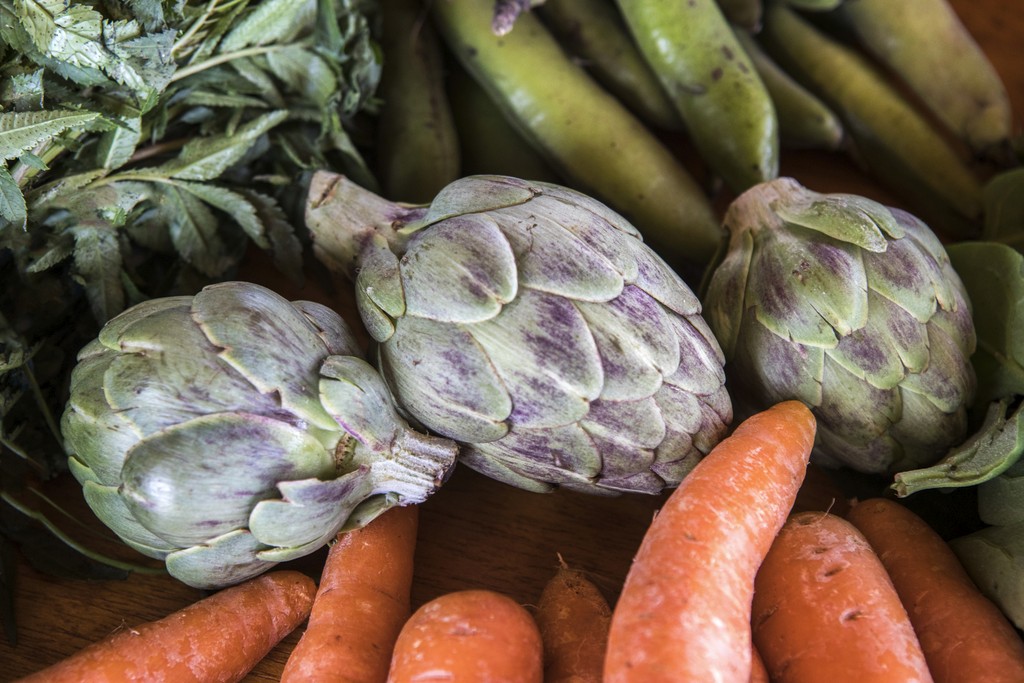ACADEMY
Circular
Biogarden
The bio-gardens, inspired by the concept of the circular bio-garden developed at MIL in 2019 and based on the ancient agricultural laboratory of Moray, feature a design divided into four terraced segments, allowing for cultivation while minimizing climatic and geographical challenges.
(01)
LOCATION
MIL Centro
Maras - Moray, Cusco
(02)
EXECUTION
From February 2023
to August 2023
(03)
MATER TEAM
Verónica Tabja
Patricia Yraja
Virgilio Martínez
Melissa Loayza
John Checca
(04)
COLLABORATORS
Cecilio Espinoza Yllatupa & Family, Beneficiary
Yonathan Pizarro Amau & Family, Beneficiary
Rudy Puma Vilca, Agricultural Engineer
Keny Soras Ortiz, Agricultural Engineer
Juan José Bueno Álvarez, Lead Anthropologist
Mercedes Callapiña Masías, Nutritionist
Roberto Ojeda, Historian
Claudia Palomino, Historian
Justo Mantilla Olguín, Biologist
The purpose of the project is to improve families' access to sustainably grown vegetables, grains and fruits, promoting healthier and more diverse diets. Additionally, it aims to foster food sovereignty and enhance communities' ability to cope with unforeseen events, such as pandemics and the effects of climate change.
01
AN EDUCATIONAL APPROACH
The biogarden also serves as a hands-on educational tool, where children learn about the importance of food for health while actively participating in the planting, care, and harvest of their own crops. Mater guides families in the implementation and maintenance of the bio-garden, raising awareness about the importance of having access to a variety of nutritious ingredients year-round.
02
BIOGARDEN'S LAYOUT
The biogarden is divided into four terraced segments, each dedicated to a specific type of crop. A double-digging method was used to enhance soil porosity and aeration, facilitating root penetration and improving the absorption of nutrients and water, resulting in higher yields.
Additionally, close planting was implemented, where seeds are placed in diagonal rows to optimize space for more plants. Irrigation is carried out using a sprinkler system, enabling efficient and localized watering—crucial in an area with limited water resources.
A report on food anthropology, prepared at the start of the project, served as the foundation for creating a recipe book tailored to the local context. This report documented eating habits, cooking techniques, kitchen equipment, and seasonal variations in diets.
The recipe book provides diverse, context-specific options for utilizing both local products and those grown in family bio-gardens.

